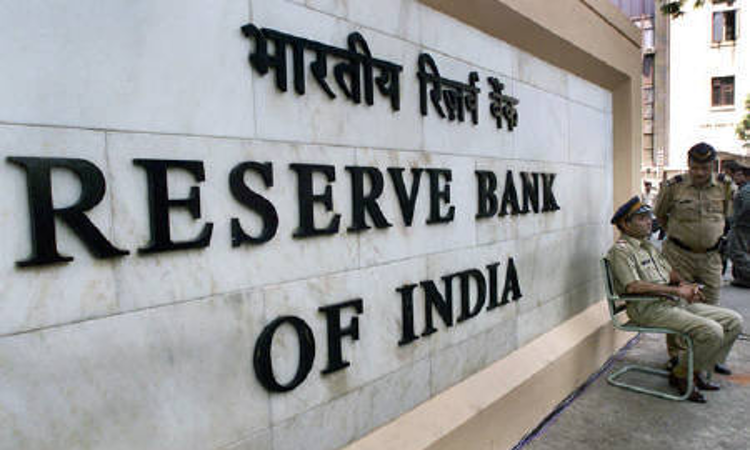Non-Disclosure Of Information Under RTI Act: SC issues Notice To RBI On Contempt Plea
Apoorva Mandhani
25 Jan 2019 4:33 PM IST

Next Story
25 Jan 2019 4:33 PM IST
The Supreme Court has issued notice to the Reserve Bank of India (RBI) on two contempt petitions filed against it for non-disclosure of information under the Right to Information (RTI) Act.Notice was issued by a bench headed by Justice L. Nageswara Rao on petitions filed by RTI activists Mr. Subhash Chandra Agrawal and Mr. Girish Mittal, both of them represented by Advocates Prashant Bhushan...
